In comparison to the X10 Pro, Kingston XS2000, and Adata Elite SE880, the Sabrent Rocket Nano V2 performance falls short but maintains sustained throughput for an extended period. However, it lacks endurance specifications, and software support, and offers only a 3-year warranty.
Pros of Sabrent Rocket Nano V2:
- USB 3.2 Gen 2×2 support.
- Option for 4TB storage.
- No thermal throttling.
Cons of Sabrent Rocket Nano V2:
- No IP rating.
- Only a 3-year warranty.
- No included software.
Comparison of Sabrent Rocket Nano V2 with Competitors
| Feature | Sabrent Rocket Nano V2 | X10 Pro | Kingston XS2000 | Adata Elite SE880 |
|---|---|---|---|---|
| Performance | Not as high | High | High | High |
| Sustained Throughput | Longer duration | N/A | N/A | N/A |
| Endurance Specs | Not specified | Specified | Specified | Specified |
| Software Availability | None | Available | None | None |
| Warranty Duration | 3 years | Longer | Longer | Longer |
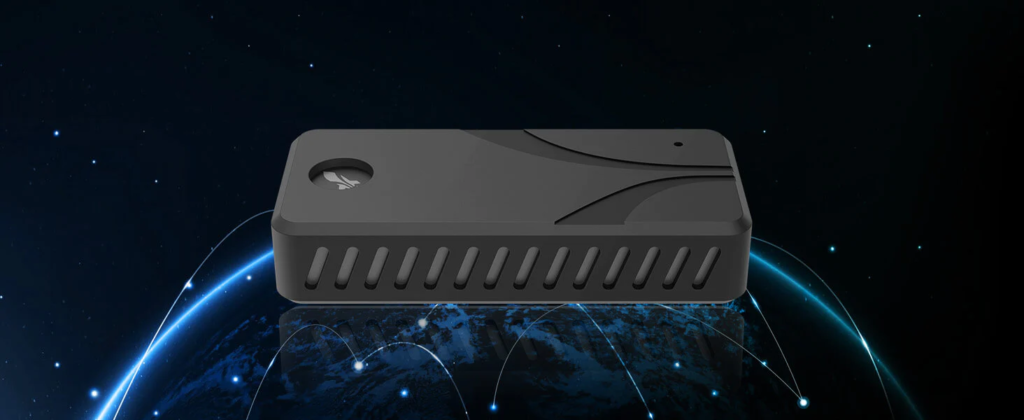
Sabrent Rocket Nano V2 Review Summary
- Specifications: The Sabrent Rocket Nano V2 is available in 1TB, 2TB, and 4TB capacities. It utilizes USB 3.2 Gen 2×2 for high-speed connectivity, boasting 1,500MB/s read and write speeds. The compact dimensions measure 11.9×29.6×69.95mm, and it weighs just 46g. The casing is made of aluminum, but hardware encryption is not included. Compatibility extends to various operating systems: Windows 8, 8.1, 10, or 11, macOS (v.10.6+), Linux (Kernel 2.6+), and Android (5.0+). The package includes the Sabrent Rocket Nano V2, a USB 3.2 Type-C to C cable, and a USB 3.2 Type-C to A cable. It comes with a 3-year warranty when registered.
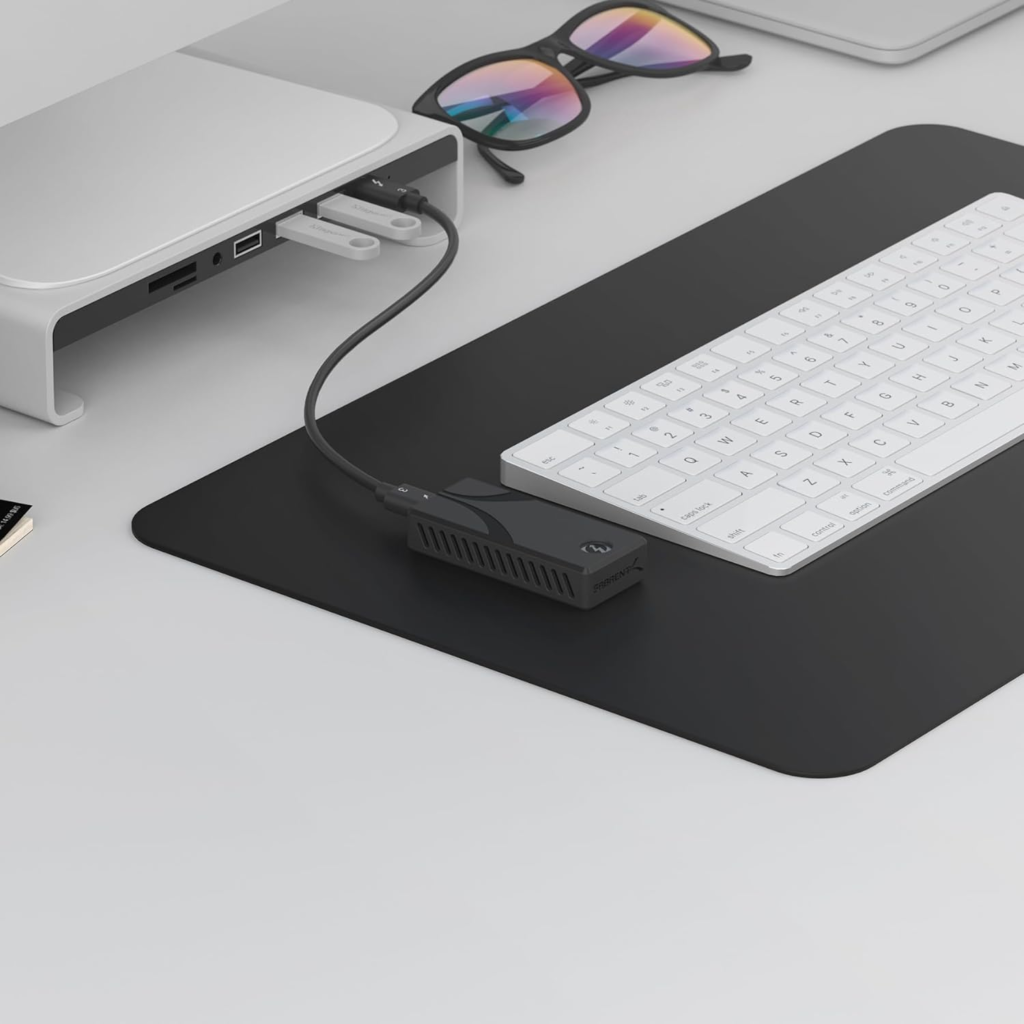
- Competition: In a market where many SSD manufacturers have embraced Gen 2×2 technology, the Sabrent Rocket Nano V2 faces strong competition.
- Key Features: This device offers a petite form factor suitable for portability, accommodating capacities of up to 4TB. It provides both USB-C and USB-A cables, all at an affordable price point.
- Performance: While some Gen 2×2 SSDs deliver speeds up to 2,000MB/s, the Nano V2 achieves a slightly lower 1,500MB/s. Despite this, it consistently maintains performance that’s 50% faster than typical Gen2-connected SSDs.
- Specification Data: Unfortunately, Sabrent lacks comprehensive specification data for this drive. It mentions durability but does not provide IP ratings or expected operating temperatures.
- Warranty: The Nano V2 comes with a 3-year warranty, while most alternatives offer a 5-year warranty.
- Conclusion: Although a direct competitor to the Corsair EX100U, the Sabrent Rocket Nano V2 doesn’t offer significant advantages over its counterpart. Those seeking a better warranty and hardware encryption options may find better alternatives elsewhere.
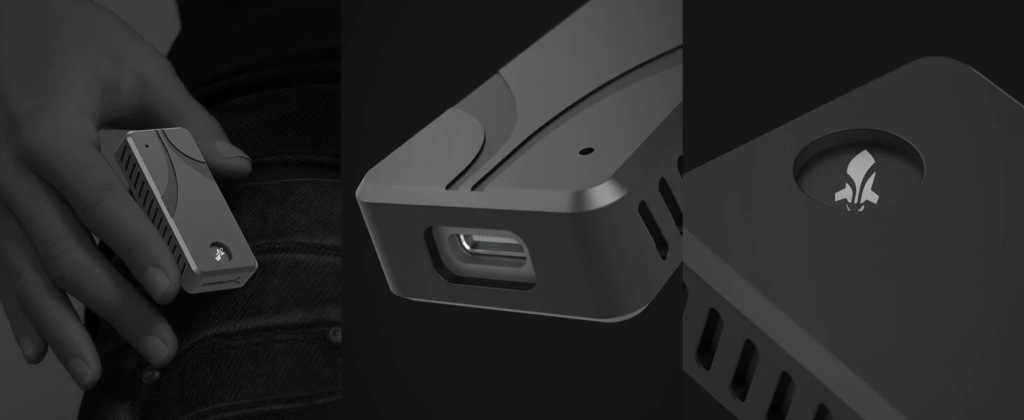
Sabrent Rocket Nano V2: Pricing and Availability
- Price: The Sabrent Rocket Nano V2 is priced at $89.99/£84.99/€92.99.
- Availability: It is now becoming available.
- Purchase: You can buy it directly from Sabrent or through online retailers like Amazon.
For the 1TB capacity, it costs $89.99, but the Kingston XS2000 is over $10 cheaper, and the Corsair EX100U is $20 less expensive.
Interestingly, Sabrent’s product page suggests that the originally intended price for the 1TB model was $199.99, which seems incredibly inflated.
The 2TB option is priced at $159.99, $50 more than the EX100U and only cheaper than the Crucial X10 Pro and Kingston XS2000 at this capacity.
The 4TB option costs $349, making it cheaper than the Kingston XS2000 but $60 more than the superior Crucial X10 Pro.
Overall, the Nano V2’s price may be too high for its features, and market forces may eventually lower it.
Value: 3 / 5
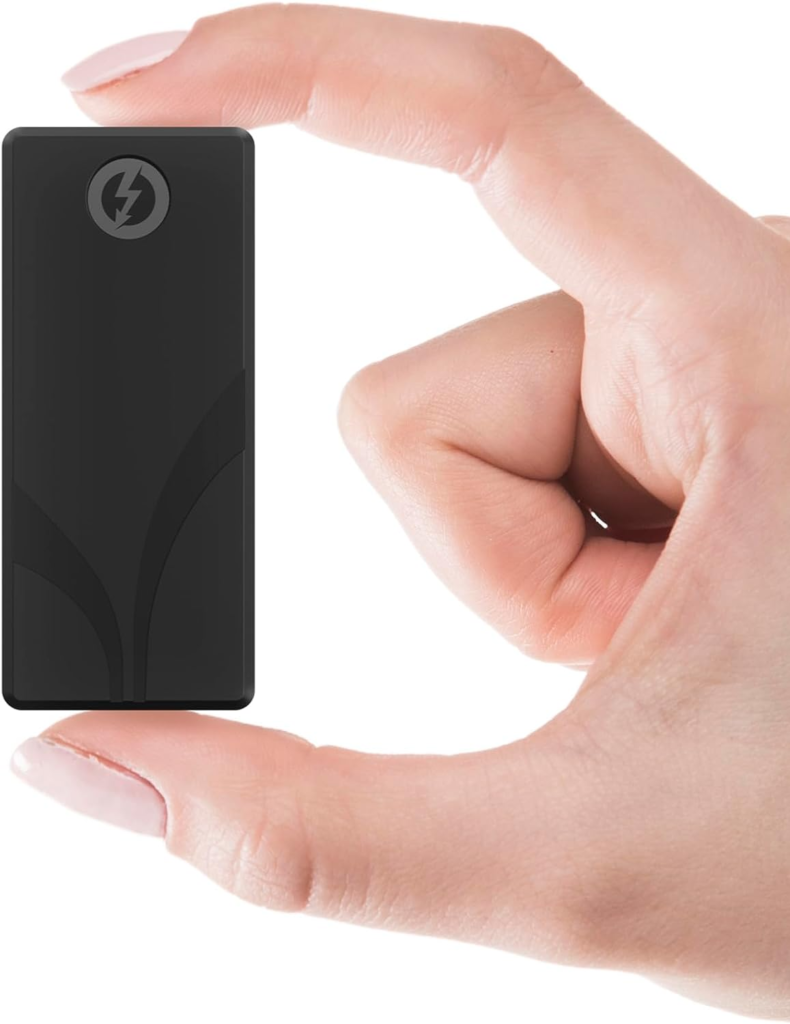
Sabrent Rocket Nano V2: Design
- Materials: The drive is constructed from metal and silicon.
- Cables: It comes with both cables.
- Durability: The design appears robust, featuring a silicon bumper for added protection. However, there’s no documentation on its fall or water/dust resistance.
- Weight: At 46g, it’s heavier than drives like the Adata Elite SE880.
- Bumper Features: The silicon bumper includes strategic cut holes, displaying the Rocket logo, providing a glimpse of the activity light, and facilitating heat dissipation.
- Connectivity: The drive has a standard USB-C receptacle, and the metal box it comes with contains both USB cable types.
- Storage: The metal box serves as storage for the drive and cables, although a soft pouch might be more pocket-friendly.
- Issues: Besides the lack of IP ratings, the design and construction seem sound.
Design: 4 / 5
Sabrent Rocket Nano V2: Performance
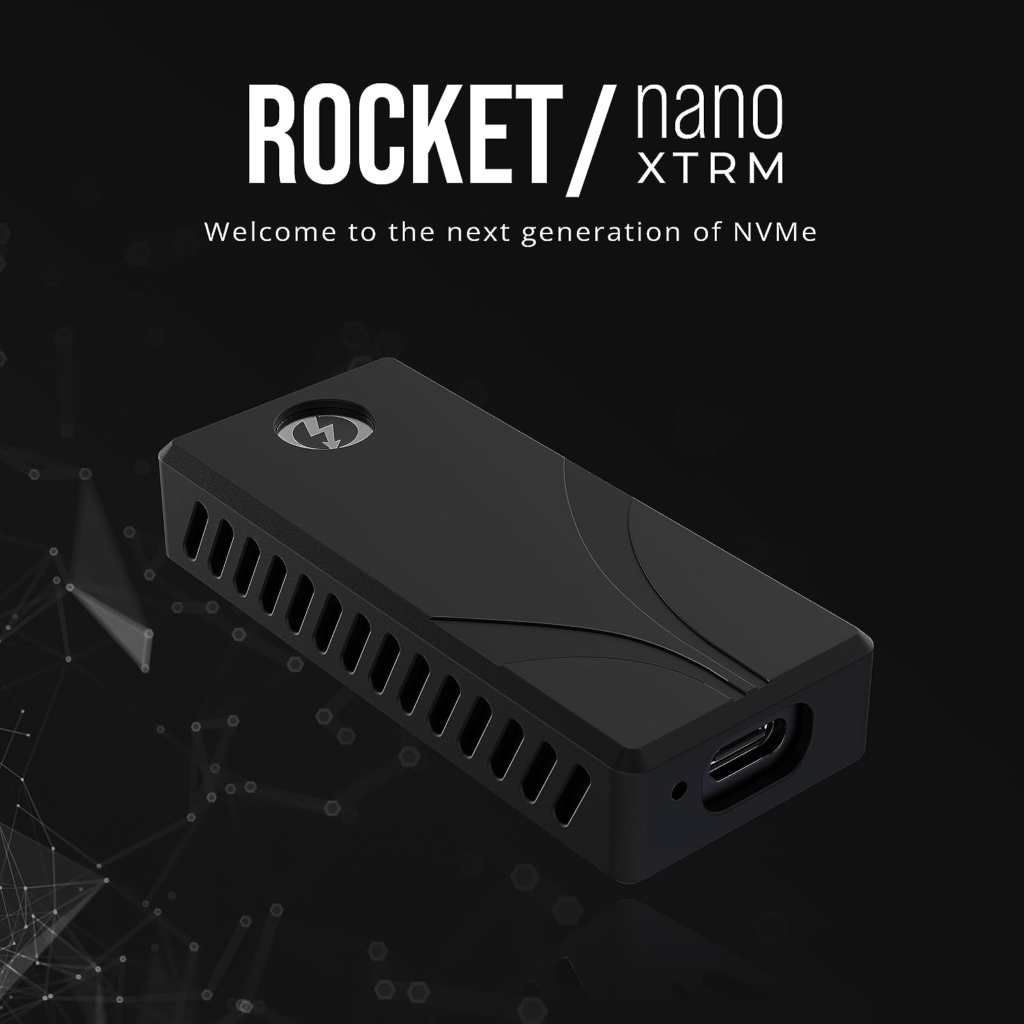
- Speed: Sabrent doesn’t claim it’s the fastest Gen 2×2 drive, and it isn’t.
- 1TB Performance: In our tests with the 1TB model, using CrystalDiskMark 8.0.4, it reached 1679MB/s reads and 1561MB/s writes.
- AJA Test: The AJA System Test showed 1588MB/s reads and 1517MB/s writes for a 1GB file, which is close to the quoted performance but 25% less than the Kingston XS2000 and Crucial X10 Pro.
- File Size Impact: With a 64GB file, performance remained at 1366MB/s average read and 1254MB/s write by the end of the file. This speed is better than some competitors, like the Adata Elite SE880.
- 2TB and 4TB Models: Sabrent claims the 2TB and 4TB models can maintain 800MB/s writes, surpassing some NVMe drives.
- Optimal Speed: Sometimes, achieving a speed that aligns with other components, like NAND modules, might be the best choice.
- Benchmarking: It consistently outperforms only the Corsair EX100U among Gen 2×2 designs but is faster than most Gen2 drives, like the Crucial X9 Pro.
- Weaknesses: It lacks hardware encryption, relying on software encryption, which isn’t ideal for securing sensitive content. Additionally, there are no software utilities or firmware maintenance tools at the time of this review.
Performance: 3.5 / 5
Sabrent Rocket Nano V2 Highlights
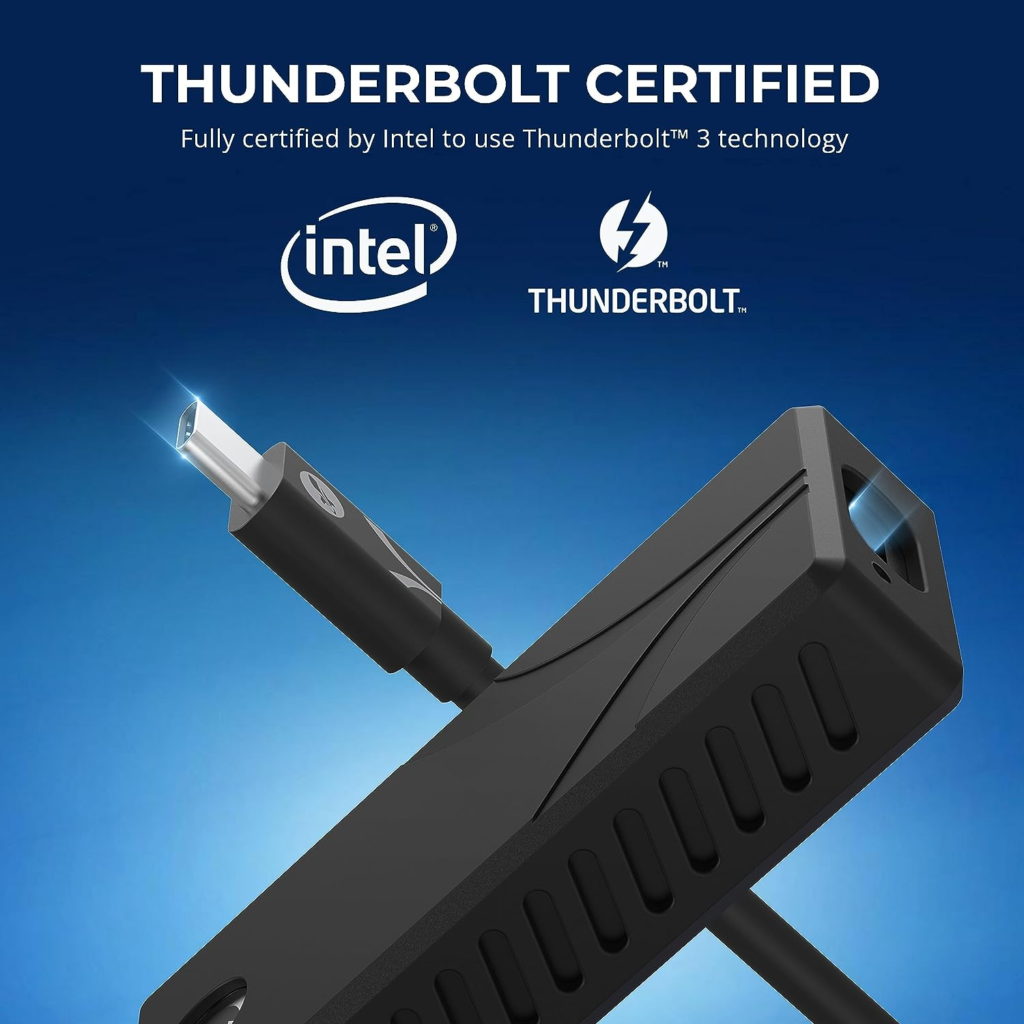
- Speed: The Sabrent Rocket Nano V2 excels with its targeted speed of 1500MB/s, maintaining it without thermal throttling. This performance is also seen in the Adata Elite SE800 and Corsair EX100U, but the Nano V2’s solid metal casing effectively dissipates heat.
- Pricing: However, its current pricing appears excessive given certain limitations. There’s no IP rating, no hardware encryption, and only a three-year warranty, making it one of the more affordable drives with this specification, but it isn’t. Even the 4TB model is pricier than the Crucial X10 Pro, which offers software tools, IP ratings for dust and water, hardware encryption, and a five-year warranty.
- Overall: At a lower price with accompanying software support, we’d recommend the Nano V2. Yet, it currently lacks both, making its pricing mismatched for what it offers.
SABRENT ROCKET NANO V2: SCORE CARD
- Value: Priced higher than it should be with this spec. – 3 / 5
- Design: Small and chunky, it looks remarkably robust, even if Sabrent won’t specify its toughness. – 4 / 5
- Performance: Not the fastest Gen 2×2 drive, but it can sustain speed well. However, it comes with no software tools. – 3.5 / 5
- Overall: A drive at a lower price and with supporting software we’d recommend, but it has neither of those at this time. – 3.5 / 5
SHOULD I BUY THE SABRENT ROCKET NANO V2
Buy it if…
- You have USB 3.2 Gen 2×2 ports.
- You copy big files; it can sustain read and write performance effectively for video files with its 3-year warranty.
Don’t buy it if…
- You need hardware encryption; this drive offers software protection only.
- You need software tools; it lacks backup tools or any other supporting software, requiring third-party solutions for such functionality.

